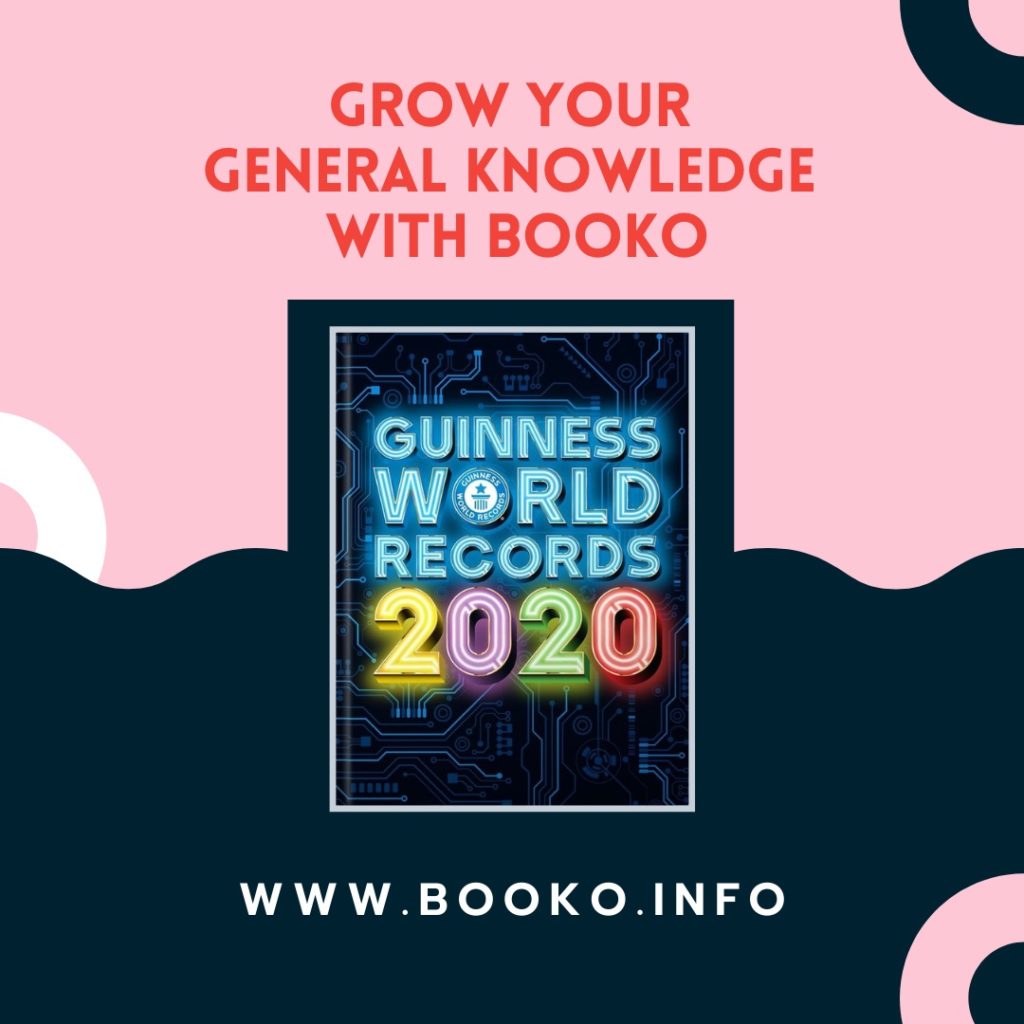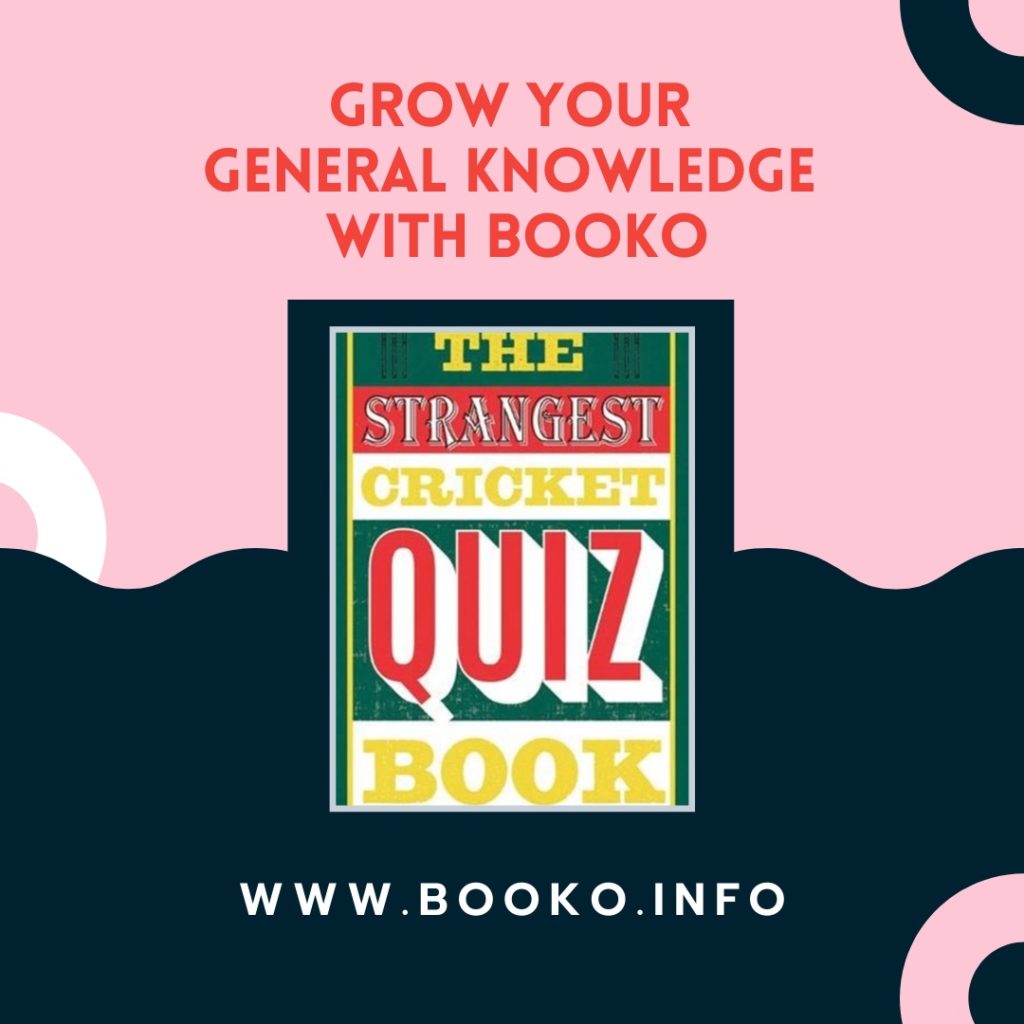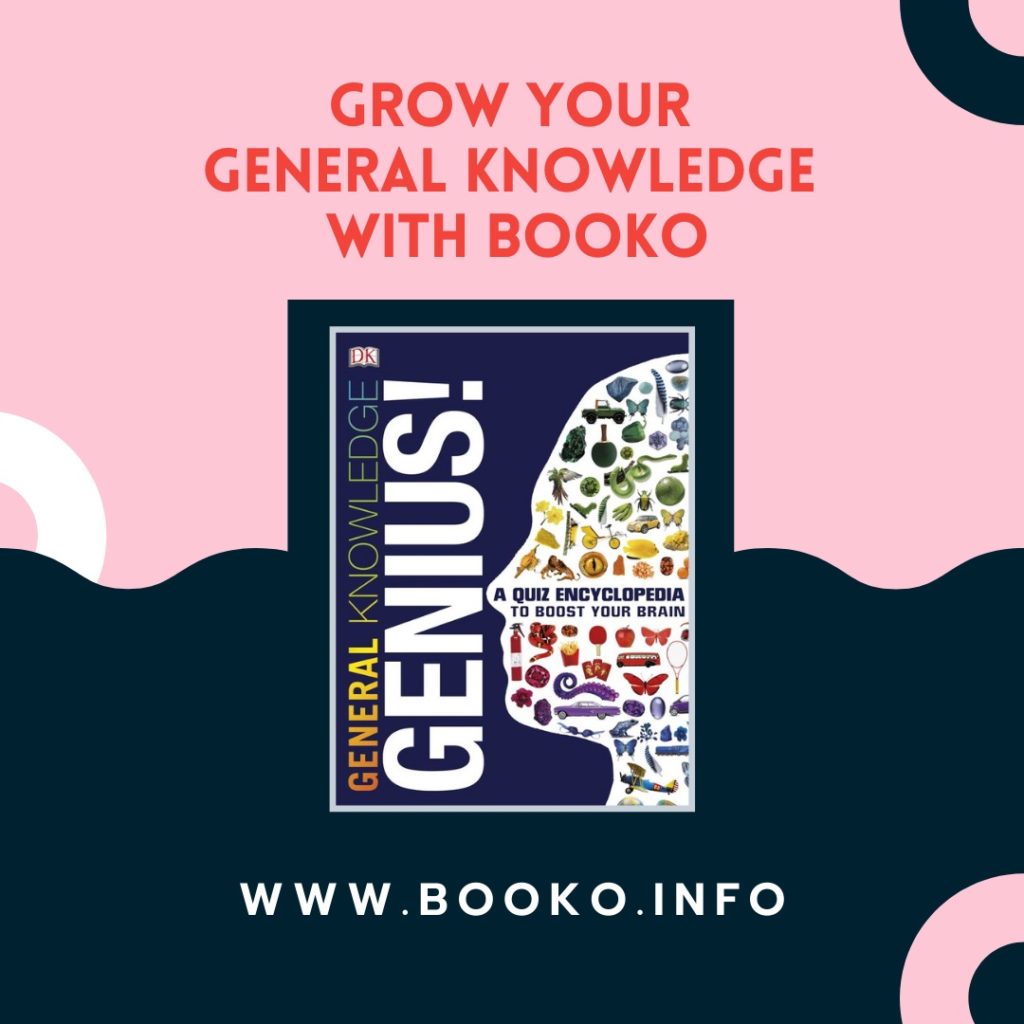Ripley’s Believe It or Not! Presents Sideshow and Other Carnival Curiosities brings displays of the human form to tricks of illusion, and wonders from the far-off world to life.

Ripley’s Believe It or Not! Presents Sideshow and Other Carnival Curiosities brings displays of the human form to tricks of illusion, and wonders from the far-off world to life.

Guinness World Records is nothing without its dedicated record-breakers and wowsers this 2020 edition is jam-packed with so many along with a few Do Try This At Home challenges.

We live in a golden age for Popular Science writing. Gone are the days when books about topics such as astronomy, neuroscience, and maths (and engineering as well) were mostly written by experts for other experts – informative but daunting. These days, popular science titles combine expert knowledge with great storytelling, so we can be informed and entertained at the same time. Here are some of the delights currently on offer:
Humble Pi: a Comedy of Maths Errors by Matt Parker
“Stand-up Mathematician” Matt Parker uses his maths background to great effect, as the basis of very funny performances and books. In Humble Pi, he uncovers the sorts of disasters that can happen when you get maths wrong. The stories range from trivial and quirky (such as advertising images of interlocking gears that can’t possibly turn) to deadly and expensive (wobbling bridges, Y2K and aeroplane disasters). The wide range of examples he uses underscore the message that maths can be found anywhere and everywhere, and that it may be more important to everyday life than many people realise.
Calling Bullshit: the Art of Scepticism in a Data-driven World by Carl Bergstrom and Jevin West
How do you separate bullshit from the truth, when every side in an argument uses data to support their claims? Calling Bullshit is a very timely book that looks at how to spot misused data, and how to refute it persuasively. Based on the popular university course that the authors teach jointly, Calling Bullshit describes how data can be manipulated deliberately, or through false assumptions (such as confirmation bias or false equivalencies) or even due to carelessness or laziness. Carl Bergstrom and Jevin West also describe tools that debunk bullshit constructively, because effective bullshit detection is essential for the healthy functioning of democracy and society. This eye-opening and empowering book is essential for anyone sick of the proliferation of Fake News and Conspiracy Theories.
Infinite Powers: the Story of Calculus, the Language of the Universe by Steven Strogatz
In Infinite Powers, Steven Strogatz takes on the challenge of making calculus accessible and entertaining. He explains the history and development of calculus (which originated in ancient Greece, and involved many big-name mathematicians including Archimedes, Newton, and Descartes); he also highlights how, as a tool to understand constant change, it underlies most modern technologies including radio, television, GPS navigation, and MRI imaging; and it informs fields as varied as meteorology, economics, and medicine. You don’t need to know any calculus to enjoy Infinite Powers; but as someone who understood the How but not the Why of calculus, this book gave me valuable context to help me appreciate the history, value and meaning of what I was doing.
Letters from an Astrophysicist by Neil DeGrasse Tyson
Not your usual science book, but Letters from an Astrophysicist is all the more profound because of it. This is a selection of letters to Neil DeGrasse Tyson, since he came into the public eye over two decades ago. Topics cover anything and everything, from taxes to aliens to God; the questions are from friends and strangers alike – some ask for advice, some point out mistakes and some proclaim opposing beliefs. His replies are wise and funny, candid but uncompromising. Even in the face of “hate mail”, he stands his ground and defends the importance of science. Letters from an Astrophysicist is not just a glimpse into one brilliant mind, but also a reflection of how space has inspired curiosity, learning and passion in many of us.
Why We Sleep: the New Science of Sleep and Dreams by Matthew Walker
Why We Sleep received a positive review from none other than Bill Gates – no mean feat, considering he’s a prolific and discerning reader whose recommendations attract a lot of attention. Why We Sleep aims to create cultural change by highlighting the significant health, social and economic value of sleep. Using statistics, anecdotes, and well-researched studies, Matthew Walker, an expert sleep scientist, explains how neglecting sleep can reduce creativity, decision-making and memory, and can even damage heart-, brain- and mental-health. Luckily, he also offers us helpful tips on how to change bad sleep habits and improve sleep hygiene. And don’t worry if you end up reading this book slowly, because you have become inspired to take naps; the author will be delighted, rather than offended by such a change.
We have No Idea: a Guide to the Unknown Universe by Jorge Cham and Daniel Whiteson
Engineer-turned-cartoonist Jorge Cham has partnered with particle physicist Daniel Whiteson to create this lighthearted look at the biggest unsolved questions about the universe. From the Big Bang to time travel to extraterrestrial life to dark matter, Jorge and Daniel describe what we don’t know (as well as the bits we do know), and why it’s really exciting to keep exploring at the edge of these unknowns. You’ll also meet hamsters, evil twins, Doctor Who, Pi charts, pop culture, and Lego philosophy in these entertaining yet deep explanations for some of the most complex concepts in astrophysics.
How is the climate where you are? And how did it get that way? Waters of the World delivers a better understanding of our planet’s climate at a time when we need it the most.

How do you wear a kilt, get out of a sinking car, predict the weather, overtake a racing car, or repair a broken tooth? The Bigger Book of Everything can help you.

Pit your worldly wits against family and friends, or just challenge yourself, with this ultimate travel trivia book. The Lonely Planet’s Ultimate Travel Quiz Book is our pick for Growing Your General Knowledge with Booko.

Whether you’re testing your friends, practising for pub quizzes or just reading it in an armchair, The Strangest Cricket Quiz Book will take your cricket knowledge to a whole new level.

Can you name the most famous rivers worldwide? Do you know your cranium from your clavicle, or do you need to bone up on the parts of the human skeleton? General Knowledge Genius can help.

What a weird and wonderful world we live in. Countries banning letters of the alphabet, the accidental teabag, and have you ever wondered how many horsepower a horse actually has? You can read about these fascinating facts in I Shit You Not.

The Times On This Day is a fascinating delve into often significant, and sometimes unusual, moments throughout history and a sure fire way to grow your general knowledge.
